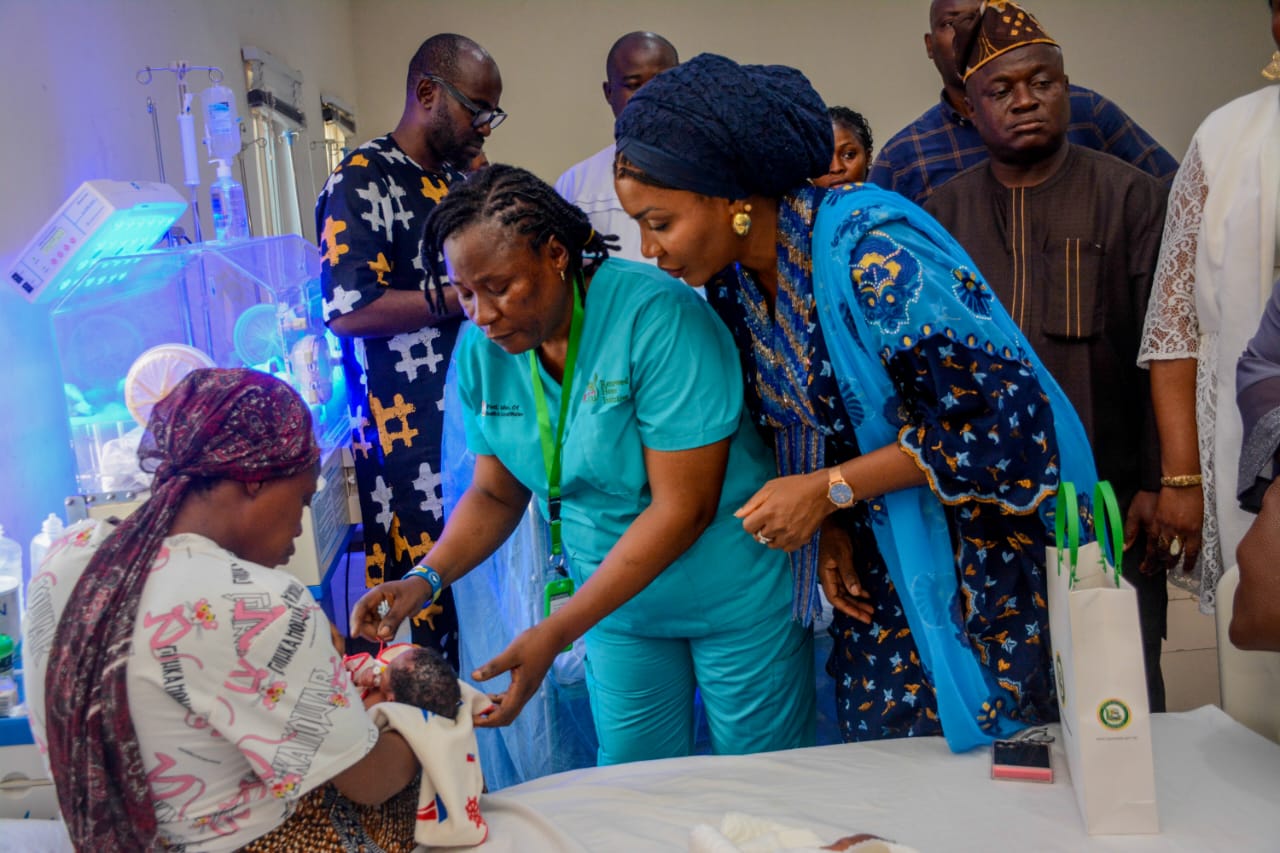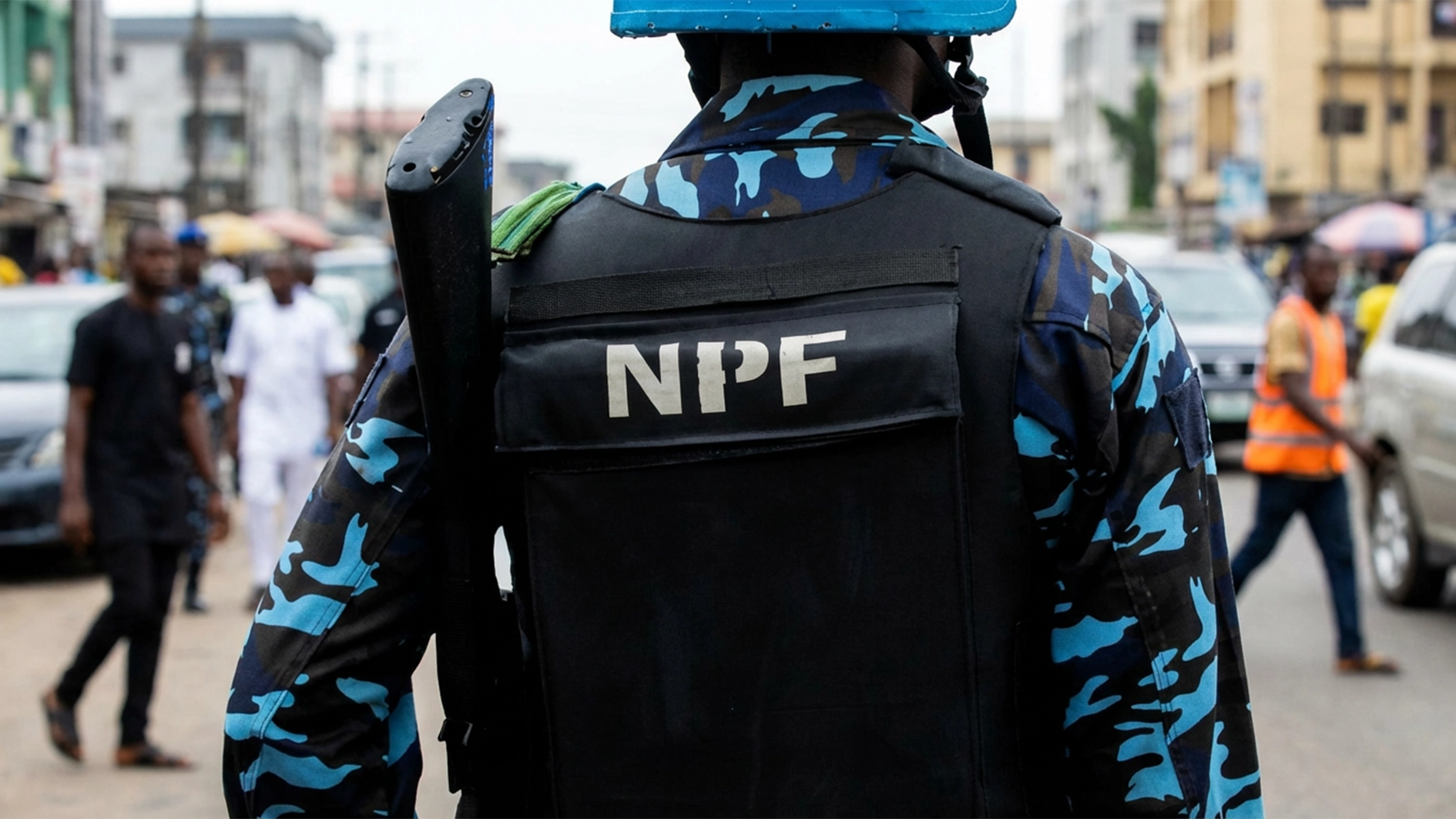
The Ninth Mile Crash Water Scheme at Udi, Enugu State, now undergoing rehabilitation will deliver 28,000 cubic meters of water daily to boost supplies for residents of Enugu metropolis when completed.
The scheme, with 12 water boreholes, was built during the administration of Chief Jim Nwobodo to augment supplies from Oji and Ajalli water schemes, but it collapsed and was abandoned for several years.
Following the frequent collapse and inability of the Oji and Ajalli water schemes to meet the daily water needs of Enugu urban, the governor Ifeanyi Ugwuanyi-led administration recently awarded contracts for the rehabilitation of the abandoned water scheme to Fordmax Nigeria Limited. It is also being converted to be operated by solar power.
Conducting officials of a coalition group, ‘Claim Your Water Rights,’ coordinated by the Hope Spring Water Charity Foundation, round the water project site yesterday, Director, National Urban Water Sector Reform Project, Mr Charles Egwu, stated that eight of the water boreholes had already been recovered and working.
“The boreholes were abandoned for a number of years. We have done eight of them. We are expecting that at the end of the project, we are going to have 28,000cubic meters of water per day for Enugu urban. It is very encouraging and the most important thing is that they are solar-powered boreholes,” he said.
He stated that lifting and pumping of water had started from the already recovered boreholes, stressing that the state government had ordered pumps from Germany and that they would be fixed on arrival.
Managing Director of the firm handling the project, Mr Nnaji Clifford, explained that each of the boreholes would pump at least 120,000 liters of water per hour for eight hours daily using solar power.
“We are converting it to fully solar-powered. This is the beauty of it. More sun, more water. We are expecting more than 90,000 cubic meters of water per hour at the end of the project. It will pump for eight hours daily. We have a two-year maintenance agreement with the state government and the life span solar panel is about 25 years. So, for two years, we will be on ground to ensure the water is running. We are training staff of the water corporation so that when we leave, they will continue in partnership with our Germany partners,” he said.
Special Adviser to the Governor on Water Resources, Dubem Onyia, assured that the project would be completed as scheduled, stressing that the governor was concerned about improving and ending water scarcity in the state.






